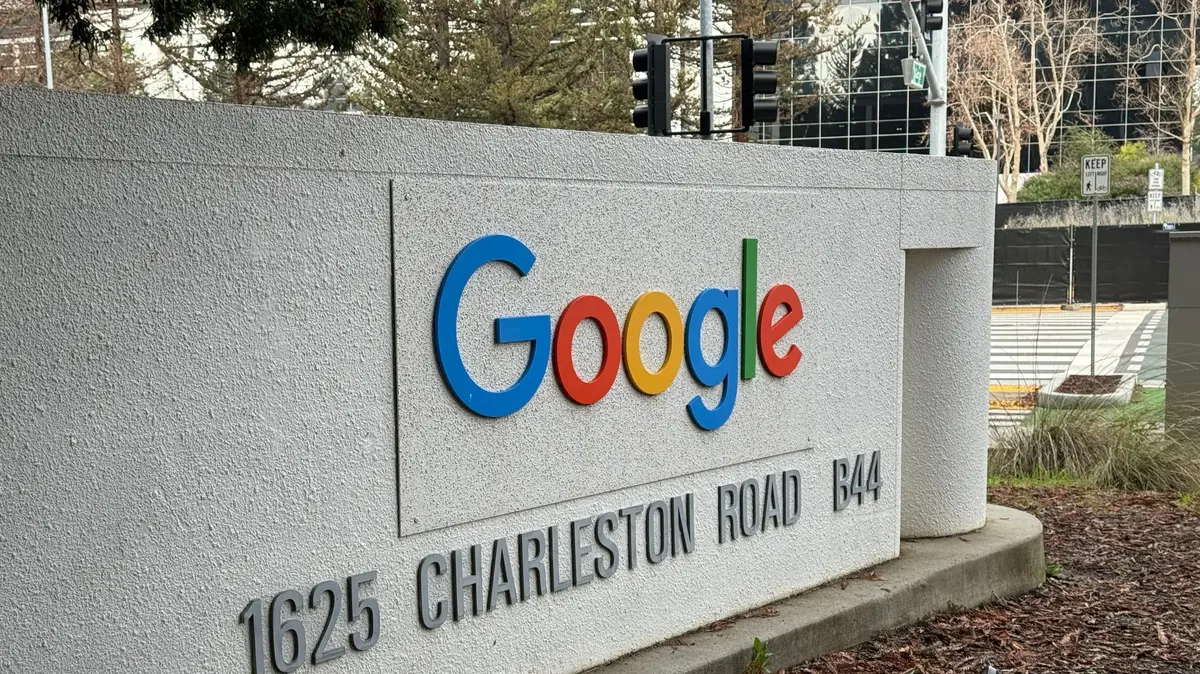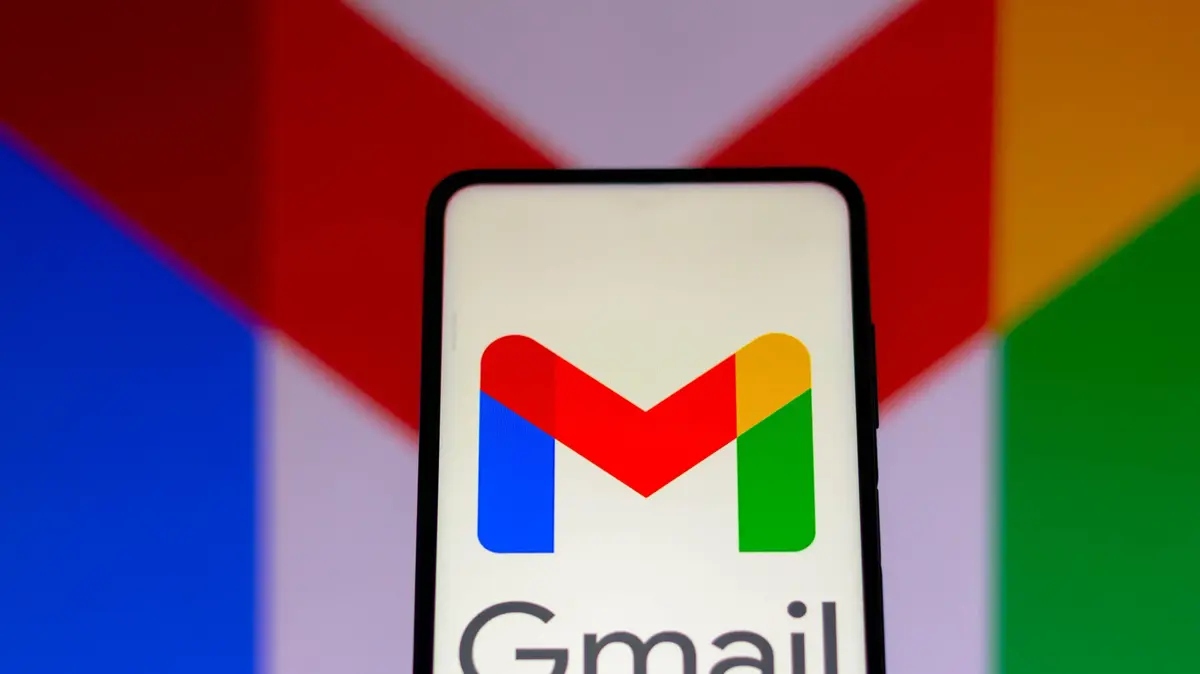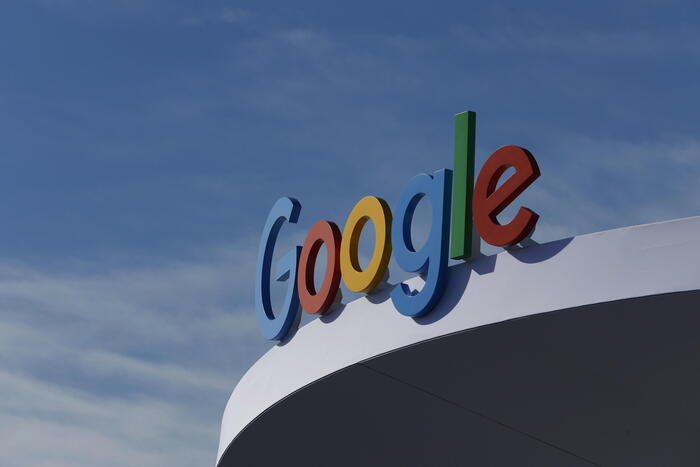Google's search engine is declining in size - and young people are flocking to TikTok
After years of enjoying complete control over the search market, Google is no longer the preferred search engine for the younger generation, and it may soon be for some advertisers as well
Ehud Basis
08/17/2022
Wednesday, August 17, 2022, 09:42 Updated: 17:37
Share on Facebook
Share on WhatsApp
Share on Twitter
Share by email
Share in general
Comments
Comments
Israel's marketing community. (Photo: Unsplash, Yaron Other)
In a recent internal study conducted by Google, it was discovered that about 40% of young people in America prefer to search for places of entertainment, fashion or cultural shows on Tiktok or Instagram than on Google.
The younger generation prefers video experiences and content-based recommendations in the style they are used to consuming on social more than the "old-fashioned" style of textual search results or at most static images with a link next to them.
The way the videos are displayed on Tiktok during a search makes them even more attractive than YouTube because they are shorter and more purposeful than the way the content is displayed on YouTube, where the videos are much deeper and longer and usually do not meet certain search needs that have a specific intention for time and place.
The paradox built into the Google search engine
It's no secret, in recent years Google has increasingly become an answer platform, often even sponsored, much more than a search engine par excellence.
Over the years, Google's solution has become a super-oiled cash cow that is responsible for approximately 58% of Google's total revenue as of the last quarter (Q2 / 22).
The aforementioned control is in the hands of Google, which leaves to itself the option to open and close these or other taps if there is any erosion of profitability in another source.
The proof of this lies in the numbers.
A quick look at the graph below shows how it supposedly keeps reinventing itself and breaking revenue records year after year.
In practice, if you ask the advertisers, you might be surprised to hear that in most cases it is a pincer movement: on the one hand, it raises the prices of the hands for the advertisers in order to continue and get the same exposure for the same words, and on the other hand, squeezes more advertisements onto the same real estate space.
This dual effort is for one purpose only - to make money, and less to bring far-reaching innovations to the worlds of search.
The innovations happen mainly in the worlds of automation and transferring the autonomy of control over campaigns to Google, which sometimes further challenges the control and control capabilities of the advertisers.
The graph shows a constant increase in profits, but does not reflect the increasing cost that advertisers pay for the right to advertise on Google (photo: screenshot, statista)
A decrease in the value of sponsored advertising
As a result of this, despite all its advantages and superiority, Google is beginning to lose its attractiveness among more and more consumers and worse, from the advertisers themselves, whose current advertising costs challenge them to produce profitable campaigns and even target their brand name, without creating a competitor and appearing above them under the auspices of competition Elaborate.
If that wasn't enough, if in the past every phrase would get a page with an answer, today users don't have to go to the sites in the search results at all, because many of their questions have extended answers that appear at the top of the page (for example, as in the picture: "How many shekels is a dollar").
This created a situation where many sites that relied on traffic from search terms experienced a sharp drop in hits from Google.
When the answer is at the top of the page, you no longer need to exit Google. (Photo: screenshot, Google)
Reliability is questionable
Have you ever asked yourself how many daily searches happen on Google?
Well, the number is in the region of 8.5 billion daily searches as of January 2022. Only 1 out of 10 searchers will bother to look for an answer on the second page, meaning the importance of appearing on the first page is very critical for any business whatsoever.
In general, 90% of web pages do not receive organic traffic from Google at all, which often creates frustration among website owners and encourages them to invest in sponsored advertising or not to invest in content at all.
And so, if in the past Google acted for a reasonable balance between advertisements and organic results, today the situation is slightly different, when in most searches the following conditions are met:
If the search is competitive enough, we will usually get 4 ads and only then will we start seeing organic results.
The situation in mobile today, which represents about 65% of all activity, is that the first screen is covered only by sponsored ads, and only after we start scrolling down will we begin to be exposed to organic results.
If we are talking about e-commerce products, the results will usually start with Google Shops ads + a search ad below, so our chance of seeing an organic result without scrolling is also slim.
Google relegated the organic results to what is called in the industry below the fold, thus leaving users with a feeling of dissatisfaction with the results obtained.
When priority in the search is given to whoever has the highest price, and not necessarily to whoever has the most correct answer for us.
beat the algorithm
Above all these challenges, SEO activity takes place in a parallel world, with great professionalism, it must be said, by the best experts, who study the ins and outs of the algorithm day and night and systematically succeed in "winning positions" with the help of targeted content activities and other professional techniques, thus succeeding in bringing their website high in the results The search for phrases that do not always answer the exact query (disclaimer: I have no claim to them, the opposite is true).
This often results in a distortion that is not always ideal for the innocent consumer, who is looking for a convincing answer and does not always get his satisfaction.
Not only does he receive ads according to Ocean's, the organic results that do appear for him, often appear there as a result of SEO hacking and not because it is the best answer for the searcher.
As time goes by, the feeling is that Google is becoming a kind of battleground between the PPC people and the SEO people, and the results are over-engineered at the expense of the innocent searcher.
If that's not enough, Google also makes optimization efforts with the help of special snippets that it releases from every update, which not only help the site owner get more real estate in the feed when searching, but also help it to crawl the sites to a better extent, thus allowing it to extract results directly from the content into its engine, and in fact to make a result available in its feed from content it did not create - which sometimes even "goes to the site without logging in", because the customer has already received the abbreviated answer in the feed and does not really need to enter the site to read about it.
Generation Z's search preferences
All the factors mentioned above do not miss the younger generation, this generation is more argumentative, asks more, is influenced differently by messages, is aware of the existence of interests or phenomena such as "fake news", and above all expects to receive the exact answers here and now, preferably in a short video with many likes and comments , and if possible there will be many videos on the same term that will leave no doubt that it is something authentic.
After twenty years of Google being the domain of the public, a new mass of consumers is beginning to emerge in the market who do not start their initial search experience on Google, which may also drag the advertisers and their search budgets to other networks, which require more creative thinking and a shift to more sophisticated advertising techniques that are more expensive to produce, In order to appeal to this new audience.
The knowledge of the Hindus that the answers are in the hands of experts is beginning to permeate the older generations as well.
Since the corona virus, it seems that people are looking for services, professionals or even hotels on the recommendation of friends or influencers who act as an authority in the field, and less trust the results of the search engine as a default.
It seems that it is very important for us today to have someone sign the recommendation, and we prefer the "word of mouth" option than the classic search which is already perceived as less reliable.
I believe that the best minds at Google are already deep into it and we expect many more product episodes from Google to adapt the taste to this generation.
There is no doubt that in terms of potential and penetration, YouTube is the immediate suspect to provide a proper response to the younger generations.
Ehud Basis leads the marketing department at Piggy and is an amateur marketing tweeter on Twitter.
Marketing and digital
developing
Tags
Google
Search Engine
tiktok
Instagram
Search
Generation Z









